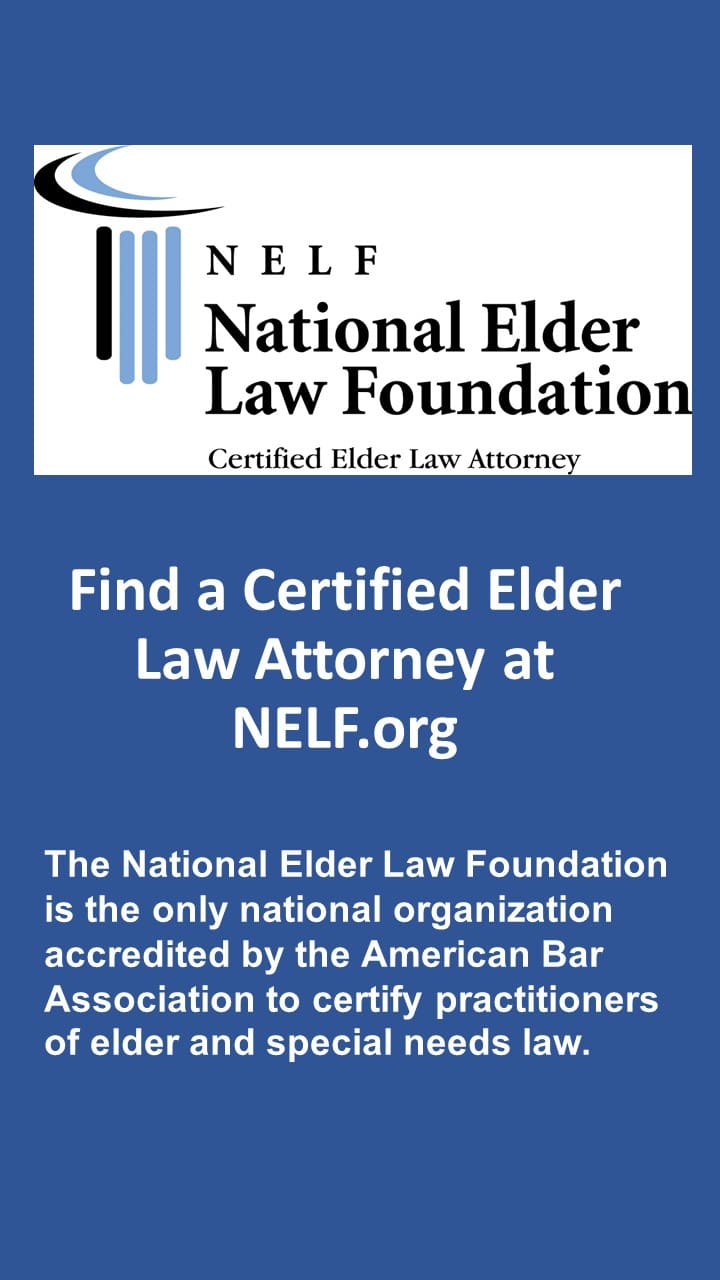Diversicare Gen. Partner, Inc. v. Rubio, 185 S.W.3d 842 (Tex. 2005). Maria Rubio was a nursing home resident suffering from Alzheimer’s disease. While in the nursing home she was sexually assaulted by another resident. Suit followed alleging a failure to protect. Plaintiff alleged that the sexual assault was not a professional negligence claim that was time-barred since it was not filed within two years of the occurrence. The Court disagreed. Failure to provide adequate supervision and nursing services for a nursing home resident is a health care liability claim. “Judgments concerning health and medical care, including protection of patients, are made by health care professionals as part of the care and treatment of the patients admitted to their facilities,” and the supervision of the patient who was assaulted and the patient who assaulted her “are inseparable from the accepted standards of safety applicable to the nursing home.”
Guernsey v. Country Living Pers. Care Home(s), Inc., 2006 U.S. Dist. LEXIS 31450 (D. Pa. 2006). Lillian Guernsey’s conservator brought suit alleging that Lillian was sexually assaulted by another resident at a personal care home. The case was tried to the court. The defendant conceded liability; after one defendant admitted negligence, Plaintiff moved for a directed verdict which was not opposed. The court found that compensatory damages were $300,000 and punitive damages were $800,000. Among the facts, the court found that management for the personal care home knew that the offending resident had previously been incarcerated for indecent assault and that he was designated as a violent sexual predator under Megan’s law. Management had not informed other employees and had taken no precautions in accepting the violator as a resident.
Note: Although the injury in this case is the type more likely to outrage the court, it is also noteworthy that this is a non-jury award and that an expert testified that, due to Alzheimer’s, Plaintiff had no painful recollection of the rape.
Madison v. Babcock Ctr., Inc., 371 S.C. 123 (S.C. 2006). Appellant was a mentally retarded girl, who had been placed under a guardianship after a finding that she lacked capacity to exercise good judgment with regard to her person, assets and financial affairs. While at a private facility, Appellant had sex with two men. Initially she reported that she was raped, but later reported she was talked into having sex. She contracted herpes simplex type I from one of the men that had sex with her. The trial court granted summary judgment to the facility and Plaintiff appealed. Issue on appeal was “whether a private treatment center owes a duty to exercise reasonable care in supervising a mentally retarded person admitted to its care; the novel issue of whether a state agency which has a contract with the center owes a duty of care to the person; and whether the mentally retarded person in this case, as a matter of law, proximately caused her own injuries.” On appeal the court found the facility had a duty to exercise reasonable care in supervising and providing care and treatment for clients in its custody. Although there is no general duty to control the conduct of another person or to warn of danger, exceptions to that rule exist. Citing Faile v. S.C. Dept. of Juvenile Justice, 566 S.E.2d 536 (S.C. 2002), those exceptions are: “(1) where the defendant has a special relationship to the victim; (2) where the defendant has a special relationship to the injurer; (3) where the defendant voluntarily undertakes a duty; (4) where the defendant negligently or intentionally creates the risk; and (5) where a statute imposes a duty on the defendant.” The court found that this case falls within the first, third, fourth and fifth exceptions, as well as circumstances outlined in Restatement (Second) of Torts §§ 323-324. The court held that a private person or business entity that accepts responsibility for providing care, treatment or services to a mentally retarded or disabled client has a duty to exercise reasonable care in supervising the client and in providing appropriate care and treatment. Further, if Appellant proves at trial that she has limited emotional and intellectual capacity, then she should be treated as equivalent to a willful, immature child and others charged with a duty of care and caution must calculate this and take precautions accordingly. The court also found that the State had a common law duty to Appellant, but declined to reach whether the State had a statutory duty to Appellant. The court ruled that Appellant was not required to prove that Defendants’ actions were the sole cause of injury; instead, they must prove that Defendants’ negligence was at least one cause, which was a jury question. Summary judgment was reversed.
Alcoy v. Valley Nursing Homes, Inc., 272 Va. 37 (Va. 2006). Resident, 79 years old, was admitted to nursing home following a stroke. She was unable to communicate verbally and was incapable of making decisions. Four days after admission, she was sexually assaulted, suffering vaginal bleeding and tearing. Her assailant was not identified. She died eight months later. Suit was brought for negligence, sexual assault and battery. Defendant filed a motion in limine contending that any torts committed during residents stay must be considered malpractice and that evidence be limited to the issue of whether malpractice occurred. The trial court granted the motion, finding that the nursing home’s conduct was within the scope of the malpractice act. On appeal, the court reversed, finding that the alleged omissions did not involve the provision of health care or professional services as contemplated by the Act. Instead, the alleged omissions involved administrative, personnel, and security decisions related to the operation of the Woodbine facility, rather than to the care of any particular patient. Decided: June 8, 2006.
NCED Mental Health, Inc. v. Kidd, 214 S.W.3d 28 (Tex. App. 2006). Resident was sexually assaulted in a mental health facility. Plaintiff brought an action alleging negligent hiring, gross negligence, sexual assault, sexual exploitation and premises liability. No expert report was filed. Defendants argued the claims sounded in malpractice and moved to dismiss based on failure to file an expert report. Because the duty to protect the resident was premised on her vulnerability as a resident in the facility and the facility’s duty to protect her, the court concluded that the claim was a health care liability claim and reversed the trial court’s denial of the motion to dismiss. Decided July 27, 2006.





